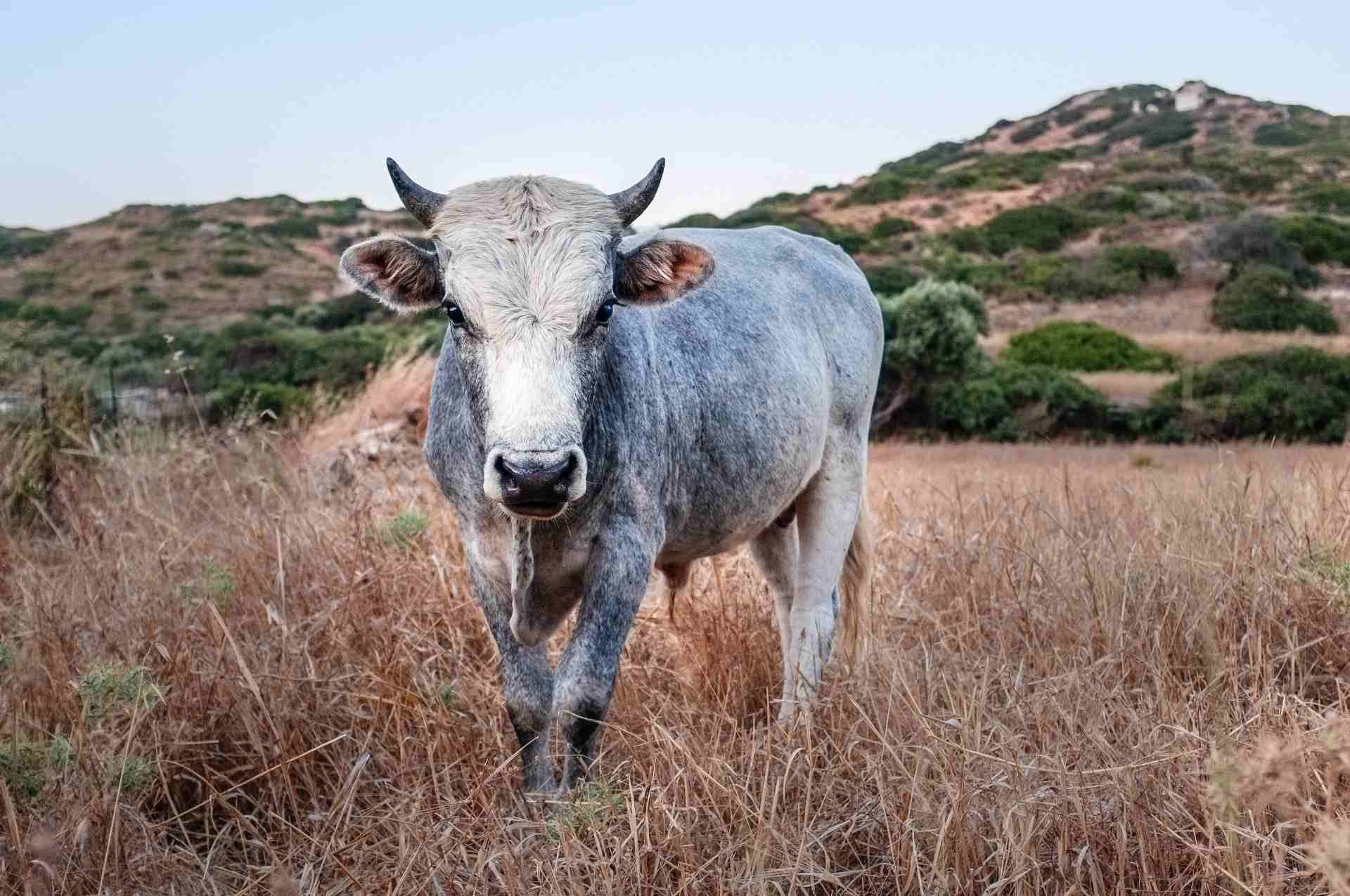Animal Farming and Global Crises

Cut back on Meat and Meat Based Products
When we think about Global warming the first thing that comes to mind is carbon emissions from burning fossil fuels in the transportation (automobiles) and utilities (gas and electricity) sector of the economy, and even though moving to cleaner and more sustainable sources of energy like solar and wind is a step in the right direction, it may not be enough until we address the issue of Animal farming, which according to Food and Agriculture Organization of the United Nations is responsible for 65% of all human-related emissions of nitrous oxide – a greenhouse gas with 296 times the global warming potential of carbon dioxide, and which stays in the atmosphere for 150 years (See Livestock’s long shadow).
Global warming is just one of the crises impacted by Animal farming. Lets explore other crises that are a direct consequence of Animal or Livestock farming;
- Water crisis – To more than two billion people, fresh, pure water is more valuable than gold. Usable non-polluted fresh water is less than 1 percent of the Earth’s total water supply and 70 percent of that is primarily used to irrigate crops to feed livestock (Beef, chicken, pork among others). (See UN Highlights World Water Crisis)
- Hunger and malnutrition crisis – Of the world’s nearly 6.8 billion humans, almost 1 billion people are malnourished. Mainly because we are feeding half the world’s grain crop such as soy and corn to animals raised for meat, eggs, and milk instead of directly to humans, which is a significant waste of natural resources, including fossil fuels, water, and land (See The impact of Industrialized Animal Agriculture on World Hunger)
- Arable Land crisis – Livestock production uses a staggering 70 percent of all arable land and 30 percent of the land surface of the planet. Additionally, the leading causes of rainforest destruction are livestock and feedcrops (See cattle ranching in the Amazon rainforest)
If we start consuming more fruits and vegetables, it turns out it’s not just good for our own health but also the overall health of the planet. So, what’s the point here? Should everyone turn Vegan or Vegetarian? No. The point is that in light of such hard evidence we can all make an effort to cut back, find a balance between plant based food and animal food that works for you. After years of experimentation I found a balance that works for me, I call it the 95-5 rule (95% Vegan and 5% junk food which includes alcohol, meat and sugary treats among others), that roughly translates to eating a junk food meal once a week if you eat 3 meals in a day (3*7 = 21 meals in a week and 1 out of 21 equates to ~5%). Here are other interesting facts that may help make your transition easier!
- Substituting beans for beef – the highest greenhouse gas emitter food on the planet- could achieve approximately 46 to 74% o f the reductions needed to meet the 2020 Paris climate change greenhouse gas (GHG) target for the US (See Beans for Beef )
- Happiness and Food – In one study, after cutting out eggs and chicken, along with other meats, the study subjects experienced a significant improvement in measures of their mood states (POMS and DASS) in as little as two weeks. The researchers concluded: “Perhaps eating less meat can help protect mood in omnivores, particularly important in those susceptible to affective disorders such as depression.” (See Plants for Happiness)
